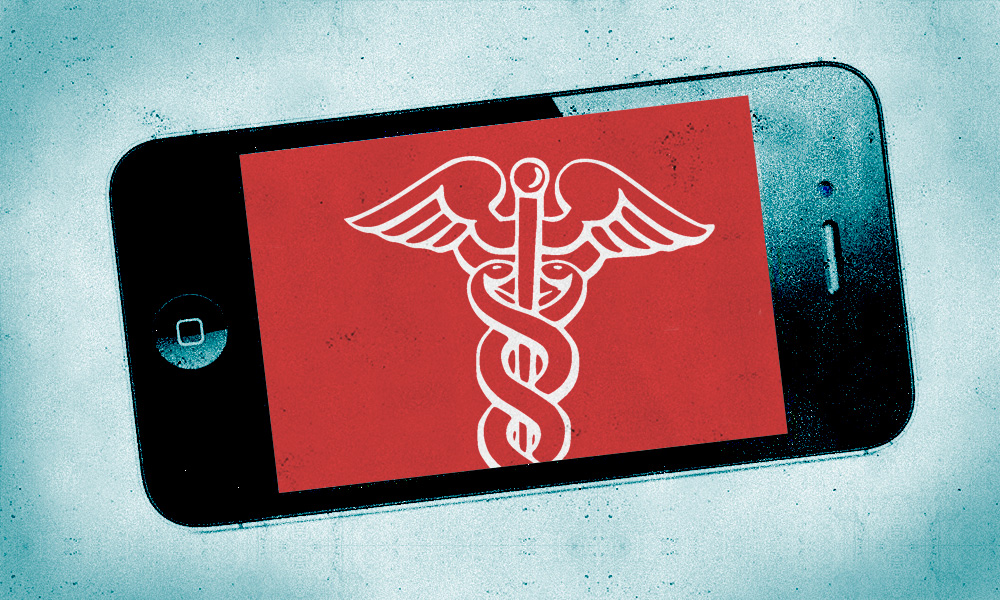
Healthcare Professionals, The Promise of Mobile, and You
The future of mobile technology and healthcare associations is evolving fast and pervasively. Make sure you stay ahead of the curve.
Healthcare organizations can be slow to change. But there’s one area where healthcare has been in the vanguard, and that’s in mobile health.
Here are just some of the mobile applications that are available today:
- diabetes self management
- heart rhythm monitoring
- mobile intervention for depression
- sensing mood disorders
- text messaging for people trying to quit smoking
- smartphone games to prevent ex-smokers from resuming
- smart apps for adolescents with cancer
- dispatching volunteers to perform early CPR
- monitoring falls among the elderly
- monitoring uterine contractions in early childbirth labor
- measuring medication compliance using wireless sensors in pills
Physicians adopted email more slowly than their peers, and they don’t love social (yet), but they were among the first to recognize the possibilities in iPads and tablets.
I could go on, but you get the point.
These were only a few of the sessions at the Medicine 2.0 Congress in Boston in September. I counted 46 abstracts and sessions directly relating to mobile technology. There may have been many more sessions that referenced mobile indirectly, including the 32 sessions focused on social media technologies.
Dr. Eric Topol, from the Scripps Research Institute in San Diego, highlighted the promise of mobile in his great new book, The Creative Destruction of Medicine. He writes that the convergence of six information technologies is already improving health, and the surface has only been scratched. These technologies are already making healthcare a lot more efficient and effective than ever and could unlock the cost-quality-access problem that has baffled healthcare for decades.
What does this have to with healthcare associations? Almost everything.
If you’re in a healthcare association, you probably know that your members are all over mobile. They use it in their professional lives, and they use it in their personal lives. Our members—physicians—adopted email more slowly than their peers, and they don’t love social (yet), but they were among the first professionals to recognize the possibilities in iPads and tablets. For example, half of our email opens at the Massachusetts Medical Society are on mobile devices.
At ASAE’s 2012 Healthcare Associations Conference, November 8-9, in Chicago, Rick Johnston, CAE, of ICF Ironworks and I will present the results of our exclusive survey of how healthcare professionals are utilizing mobile technologies. We’ll also share some practical advice on how to get your association started in the mobile space, if you haven’t done so already.
Hint: It’s not just about the apps.
Join us!
(Ernie Smith illustration)






Comments